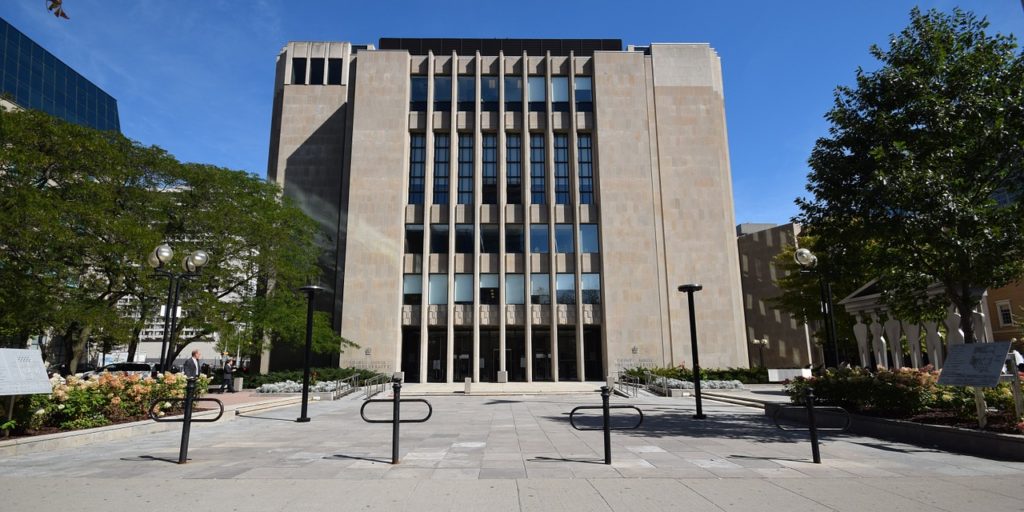- Class-action lawsuits targeted cybersecurity, worker rights in 2021 - December 31, 2021
- Ponzi scheme class-action lawsuit an ‘inventive’ brand of litigation - December 20, 2021
- Failing to adequately safeguard data results in $3.44M settlement - November 30, 2021
Toronto class-action lawyer Margaret Waddell of Waddell Phillips Professional Corporation and Landy Marr Kats LLP have launched a proposed $800-million class-action lawsuit against those alleged to be involved in a “sham” charitable donation scheme, says the National Post.
The announcement, made via Canada Newswire, says the proposed lawsuit is against individuals and entities involved in the development, structuring, creation, promotion and operation of a complex leveraged charitable donation tax scheme that operated from 2004 to 2014. Read statement of claim.
As well, “the defendants include several law firms and accounting firms and the promoters” of the gift program, says the release.
Brought on behalf of taxpayers
The proposed class action is brought on behalf of Canadian taxpayers who participated in the program and excludes the defendants, their affiliates and those who sold it, it says.
The claim alleges that the participating taxpayers were led to believe that the program “was a legitimate charitable enterprise and that their donations to [it] would ultimately result in gifts of cash and valuable software licenses to designated bona fide charities,” says the release.
It also alleges participants were “told they would receive charitable tax receipts exceeding their cash donations by many multiples based on the value of the software licenses and that they could then claim charitable tax credits on their tax returns.”
This proposed class action is brought on behalf of the approximately 60,000 Canadian taxpayers who are alleged to have suffered damages as a result of their participation in the program, says the release.
The allegations have not been proven in court.
The claim alleges that the program began in the mid-2000s, and several years later the Canada Revenue Agency (CRA) began reassessing the tax returns of those who participated in it.
“It has disallowed the claimed tax credits and charged the tax payers penalties and interest,” says the release.
Program ruled a ‘sham’
In 2015, the Tax Court of Canada found that the program was a “sham” and that those alleged to be involved “received approximately 90 per cent of the cash donations made by the taxpayers,” says the claim. The Tax Court also concluded that “the software license valuations obtained to support the value of the charitable tax receipts vastly overestimated the actual value of the software licenses, which were actually worth only $0.13-$0.26 each, and that the trust structure of the [program] was invalid,” it adds.
The statement of claim alleges there was no genuine charitable purpose to the program, but rather its primary motivation was to enrich those alleged to be involved, to the detriment of the class members.
The plaintiffs seek damages equivalent to all the cash donations to the program plus the interest and penalties charged by the CRA, the release says.
The plaintiffs have brought a motion to have a receiver appointed over a corporation, which has ceased operations. The receivership motion will be heard in Toronto on Nov. 14 at the Commercial Court, 330 University Ave.

